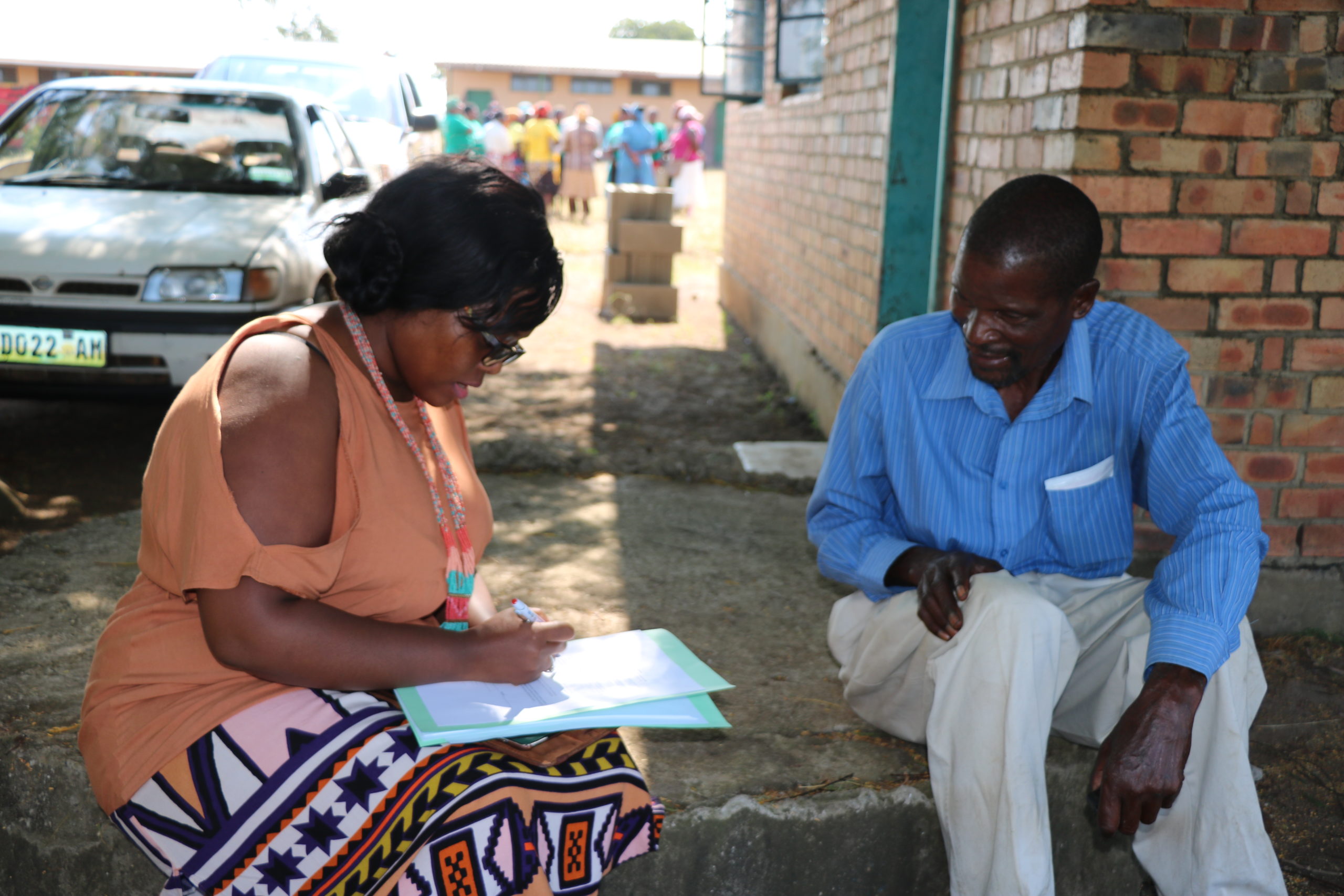The Applying Science to Strengthen and Improve Systems (ASSIST) Project was designed to improve the quality and outcomes of health care and other services. ASSIST helped countries apply the science of improvement to the health and family services they provide.
The project worked to build the capacity of service delivery organizations in USAID-assisted countries. ASSIST improved the effectiveness, efficiency, client-centeredness, safety, accessibility and equity of the health and family services provided and studies what works. The project disseminated results to improve health outcomes in other countries.
In Swaziland, for example, ASSIST developed a tool to monitor the success of the voluntary male circumcision program. The Swaziland team also launched a new digital health tool to help prevent the transmission of HIV from pregnant mothers to their babies. The tool provides quicker results from tests of viral load and reminders for follow-up appointments and testing.
In Lesotho, ASSIST supported the Ministry of Health to develop and implement a national strategy to improve the quality of HIV and AIDS services. The project provided intensive support to sites and district health management teams in five high-burden districts. This work aimed to:
- Eliminate new infections among children
- Reduce HIV-related deaths
- Increase HIV testing services and antiretroviral therapy coverage
- Improve viral load monitoring
- Deliver high-quality voluntary male circumcision services
- Provide nutritional support to HIV patients
ASSIST also focused its work on Zika prevention in Central and South America.


